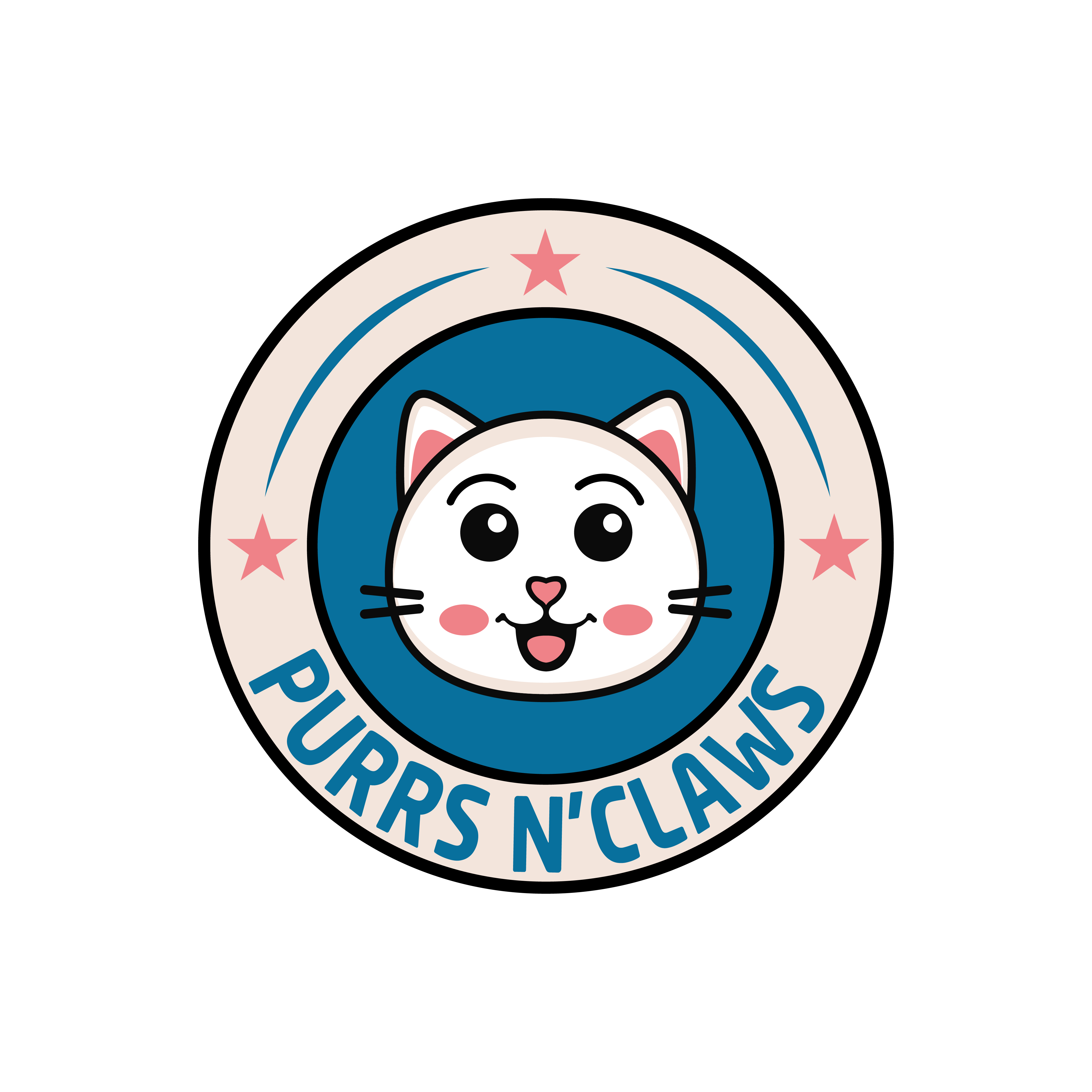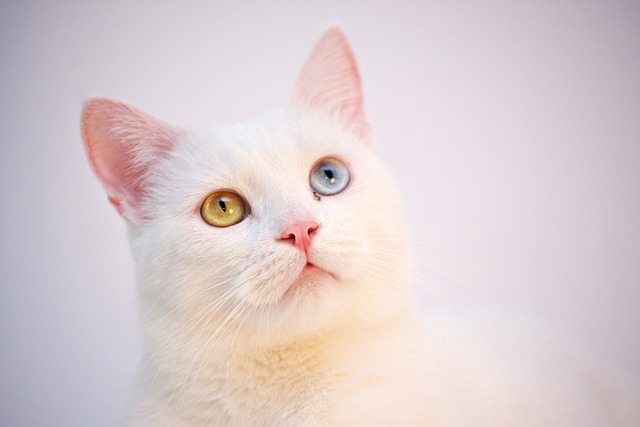If you’re searching for a feline companion that embodies elegance, grace, and intelligence, look no further than the Turkish Angora cat. Renowned for their striking appearance and charming personality, these beautiful creatures have captivated the hearts of cat enthusiasts around the world. In this comprehensive guide, we’ll delve into everything you need to know about Turkish Angora cats, from their history and characteristics to their care and maintenance.
Origins and History
The Turkish Angora cat traces its roots back to ancient Turkey, where it was revered for its exquisite beauty and affectionate nature. Believed to have originated in the Ankara region (formerly known as Angora), these cats were cherished by Turkish royalty and were often given as diplomatic gifts to foreign dignitaries.
Physical Characteristics
One of the most distinctive features of the Turkish Angora cat is its luxurious coat, which is long, silky, and often pure white. However, Turkish Angoras can also come in a variety of colors and patterns, including black, blue, and tabby. Their almond-shaped eyes, which can be blue, green, or amber, add to their captivating appearance. With their fine-boned structure and elegant physique, Turkish Angoras exude an air of sophistication and grace.
Personality Traits
Beyond their stunning looks, Turkish Angora cats are known for their playful and affectionate nature. They are highly intelligent and curious creatures, always eager to explore their surroundings and engage in interactive play. Despite their independent streak, Turkish Angoras form strong bonds with their human companions and thrive on attention and affection.
Care and Maintenance
To keep your Turkish Angora cat healthy and happy, regular grooming is essential due to their long, silky coats. Brushing their fur a few times a week will help prevent matting and reduce shedding. Additionally, maintaining good dental hygiene and providing a balanced diet are crucial for their overall well-being. As with any cat breed, regular veterinary check-ups are also important to monitor their health and address any potential issues.
Living with a Turkish Angora
Turkish Angora cats are well-suited to both indoor and outdoor living environments, as long as they have plenty of space to roam and explore. They thrive in households where they receive ample attention and mental stimulation. Interactive toys, scratching posts, and climbing structures are great ways to keep them entertained and engaged.
Common Health Issues
While Turkish Angora cats are generally healthy, like all breeds, they may be prone to certain health issues. These can include dental problems, respiratory issues, and hereditary conditions such as deafness. Regular veterinary care and attention to their diet and grooming routine can help mitigate these risks and ensure a long and healthy life for your feline friend.
Conclusion
Turkish Angora cats are truly a breed apart, combining stunning beauty with intelligence, playfulness, and affection. Even if you’re drawn to their elegant appearance or their charming personality, a Turkish Angora cat is sure to bring joy and companionship to your life. When understanding their history, characteristics, and care needs, you’ll be well-equipped to provide the love and care that these magnificent creatures deserve. So why wait? Open your heart and home to a Turkish Angora cat today, and experience the enchantment of living with one of the world’s most captivating feline companions.

